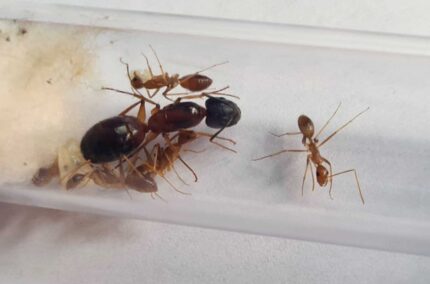
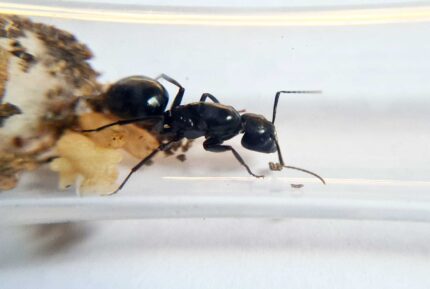
Camponotus japonicus
99,90 zł – 189,90 złPrice range: 99,90 zł through 189,90 zł
Worldwide shipping
Free delivery over 999 PLN
The highest quality of goods
Live delivery guarantee
24/7 Personal Support
Fair Prices
Description
The Camponotus japonicus is a monogynous ant species with a colony size of up to 5000 workers. They have a medium development rate and are primarily black in color. Their nutrition consists of food insects, syrup, fruits, vegetables, jelly, and cooked chicken without salt. The queen measures 15-18mm while workers range from 6-9mm and majors from 9-14mm.
Additional information
| Behavior | |
|---|---|
| Difficulty in breeding | |
| Origin | |
| The size of ants | |
| Wintering |
Camponotus japonicus
Colony Type: Monogyny
Colony Size: Up to 5000 workers
Development Speed: medium
Size
- Queen: 15-18 mm
- Workers: 6-9 mm
- Majors: 9-14 mm
All members of this species have a striking black color, which adds to their unique appearance.
Nutrition
- Food insects (such as cockroaches and crickets) dead, or live if colony is big
- Syrup (a mixture of water and honey or sugar, with a ratio of 3 water:1)
- Fruits and vegetables
- Jelly
- Cooked chicken without salt, shrimps
- Honey
Don’t forget to check out our food products to ensure a well-balanced diet for your colony!
Humidity and Temperature
- Arena Humidity: 40-60%
- Nest Humidity: 50-70%
- Arena Temperature: 24-28 °C
- Nest Temperature: 20-24 °C.
Species Features
As a black Camponotus species, Camponotus japonicus stands out with its distinctive appearance. These ants have a fast development rate, which is advantageous for breeding purposes. The ability of Camponotus japonicus to develop quickly allows for rapid colony growth and expansion, making them an intriguing species to observe and study.
Recommended Nests
- Acrylic nests: These nests offer great visibility and allow for easy observation of the colony’s activities.
- Cork nests: Nests made of high-quality cork provide a natural and comfortable habitat for the ants.
- Plaster nests: Plaster nests are durable and provide excellent insulation to maintain stable temperature and humidity levels.
- Aerated concrete nests: These nests are known for their durability and suitability for long-term ant keeping.


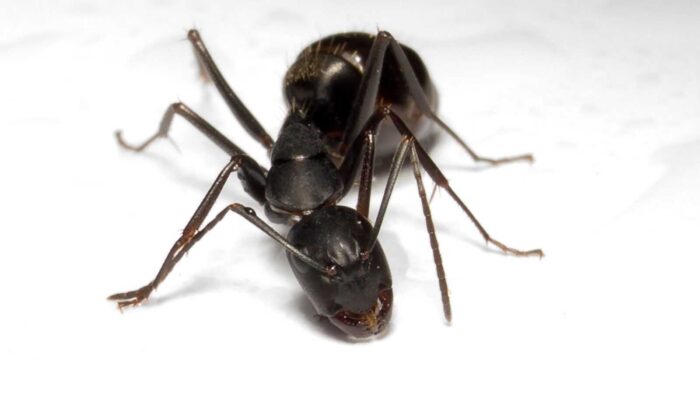
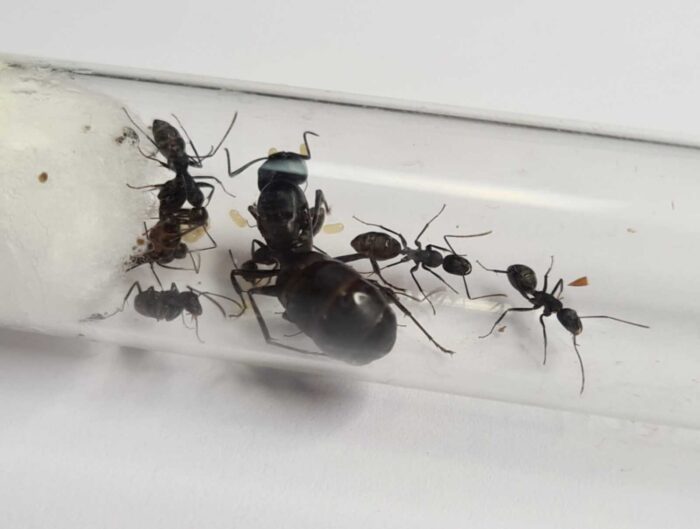

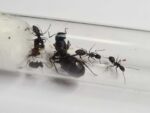
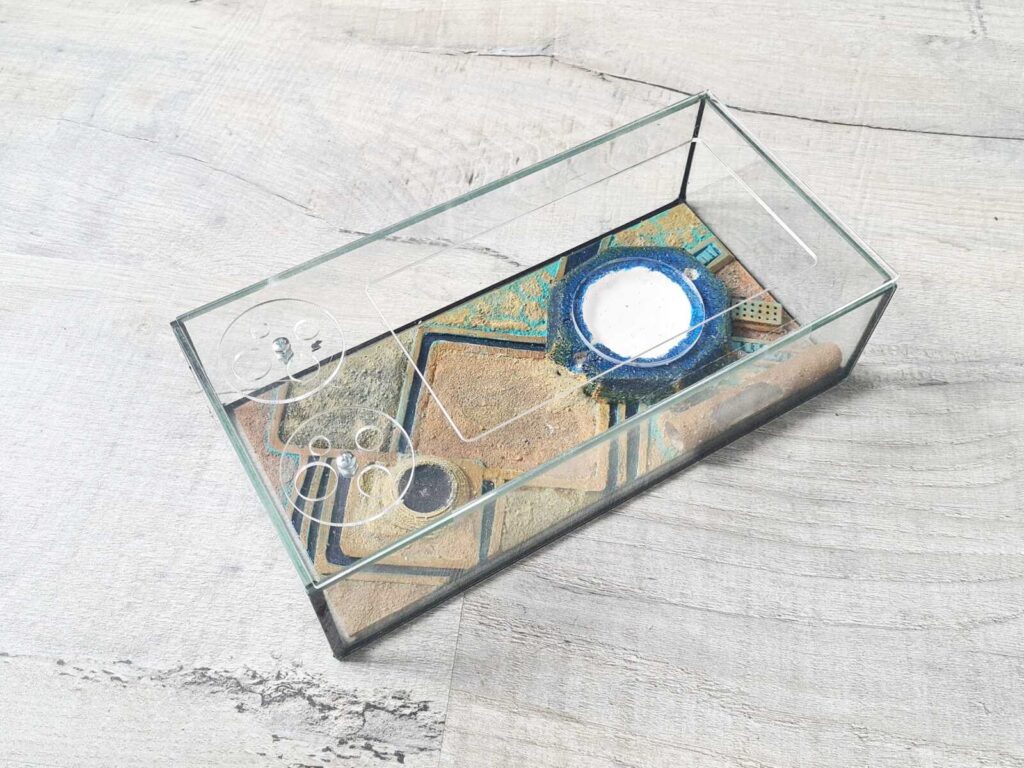
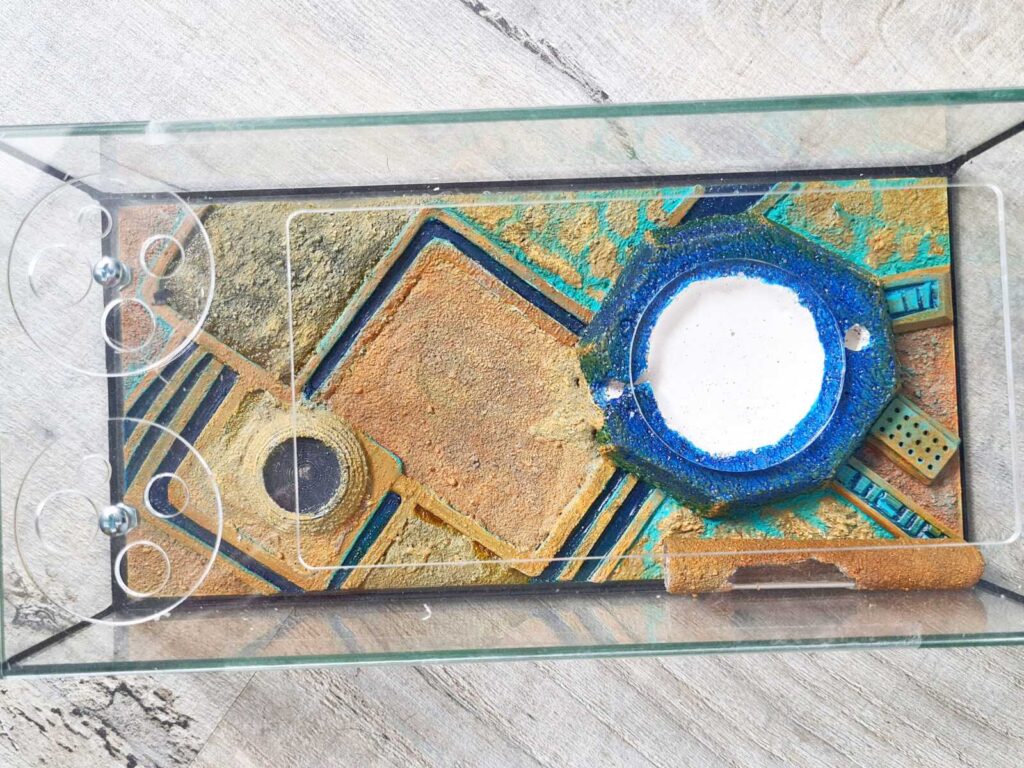
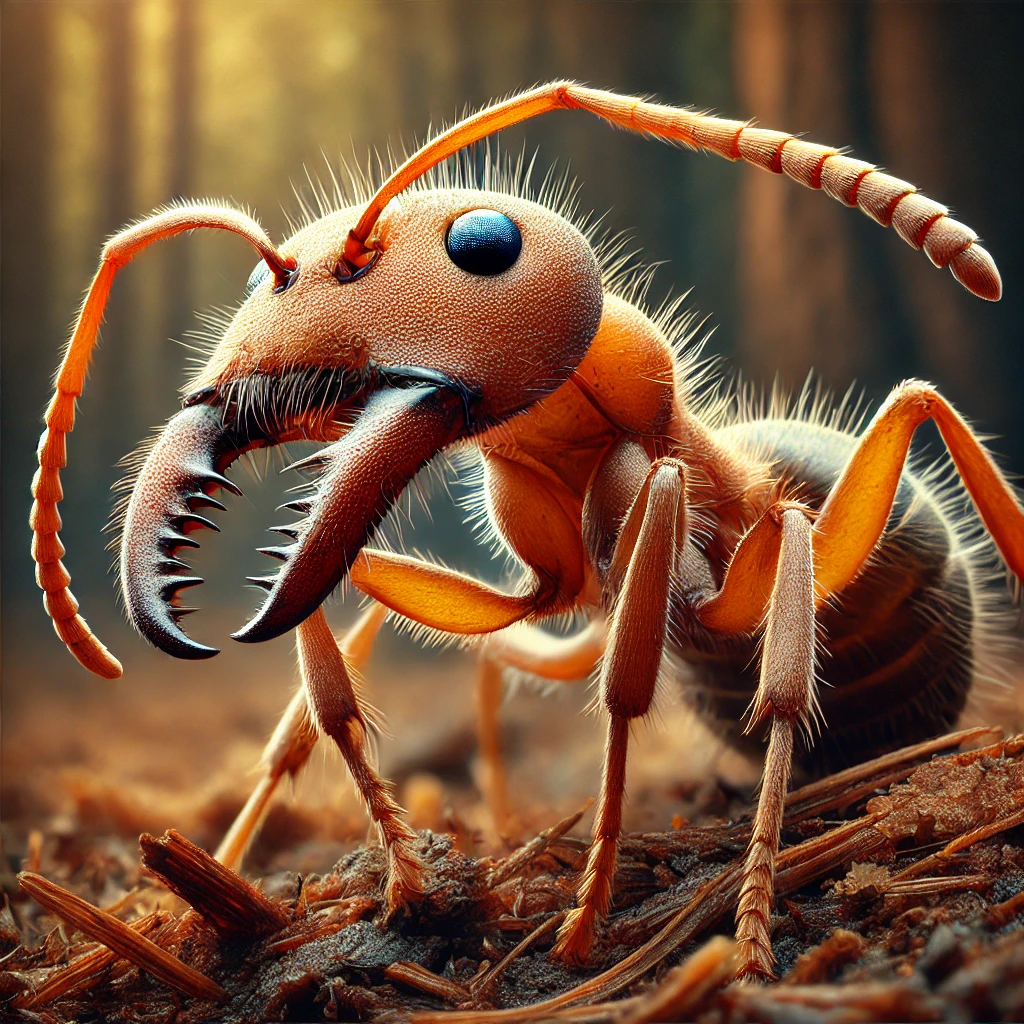
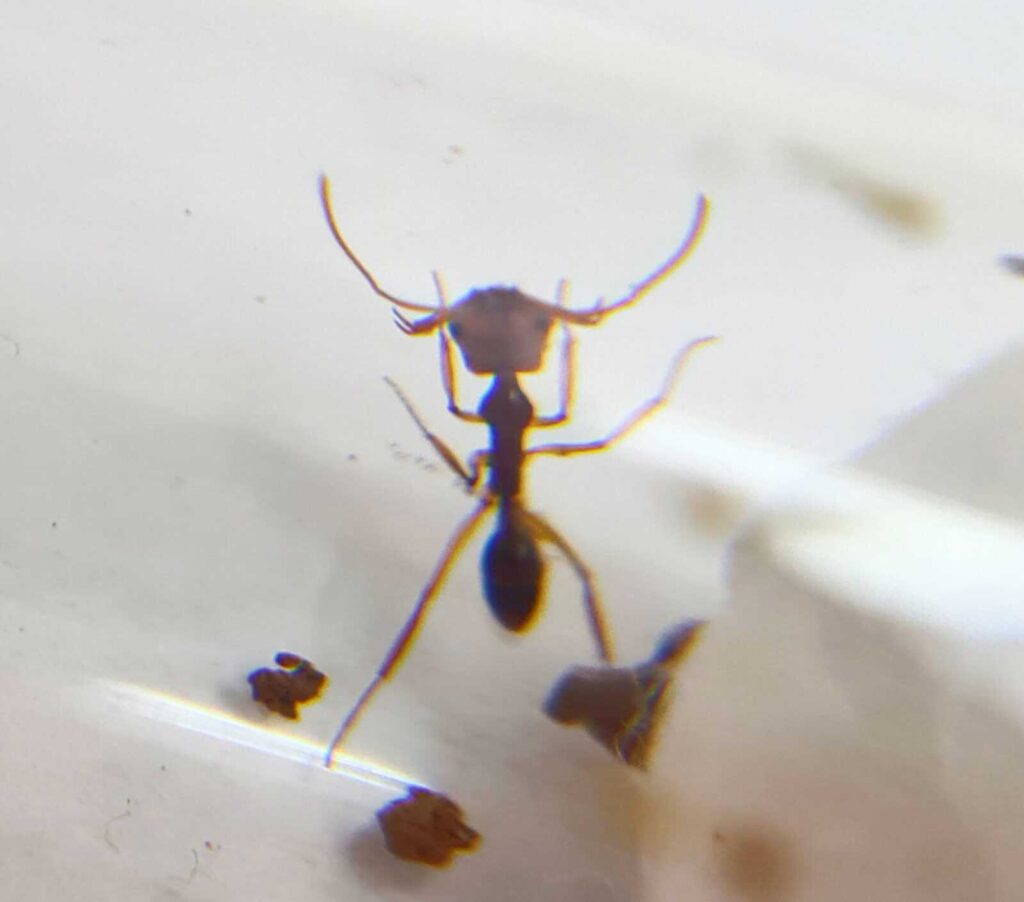
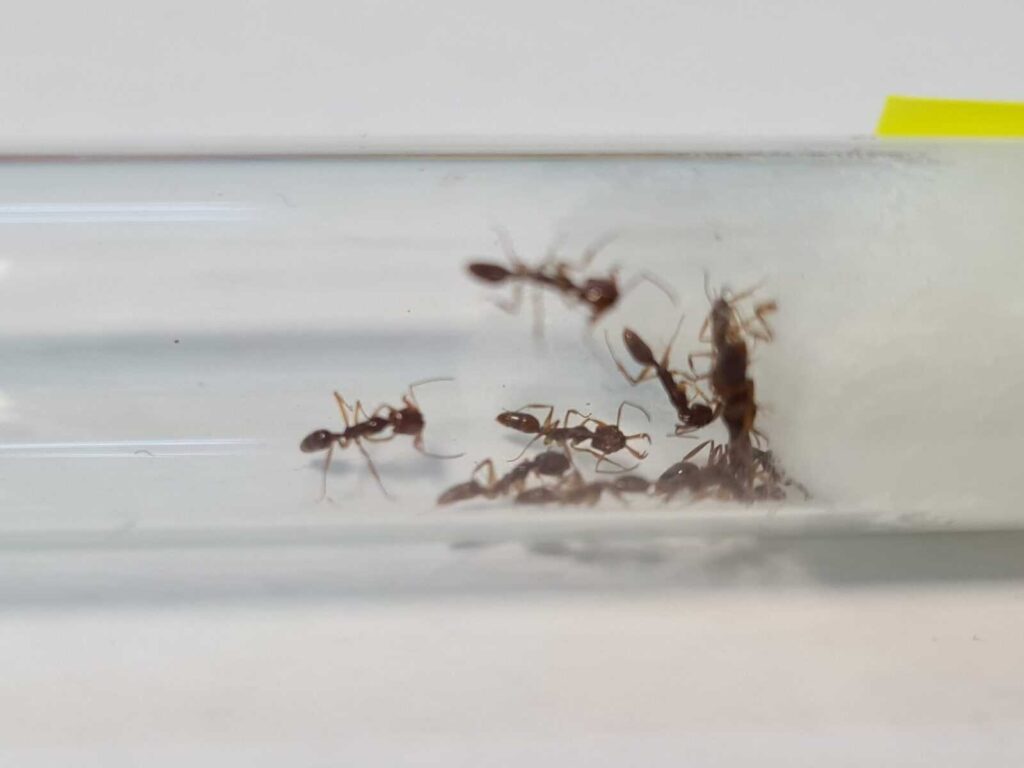
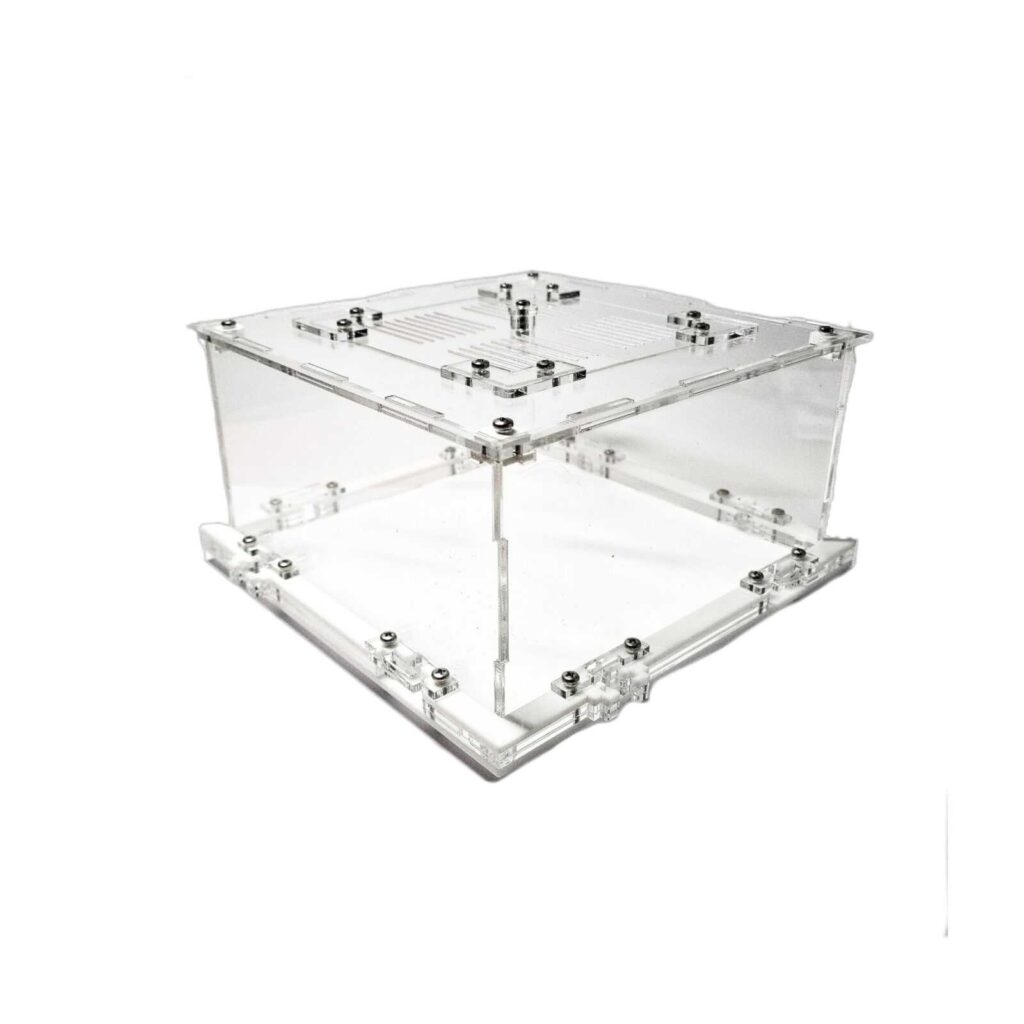
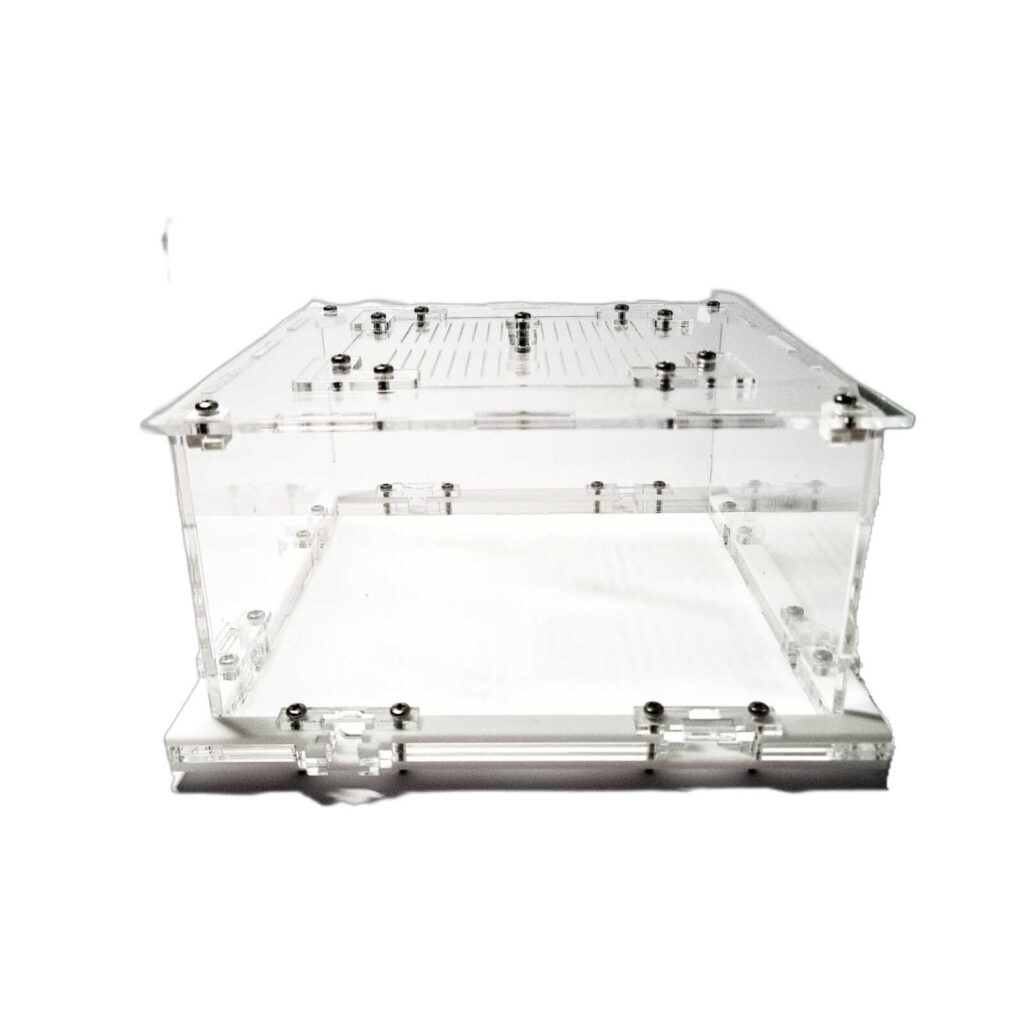
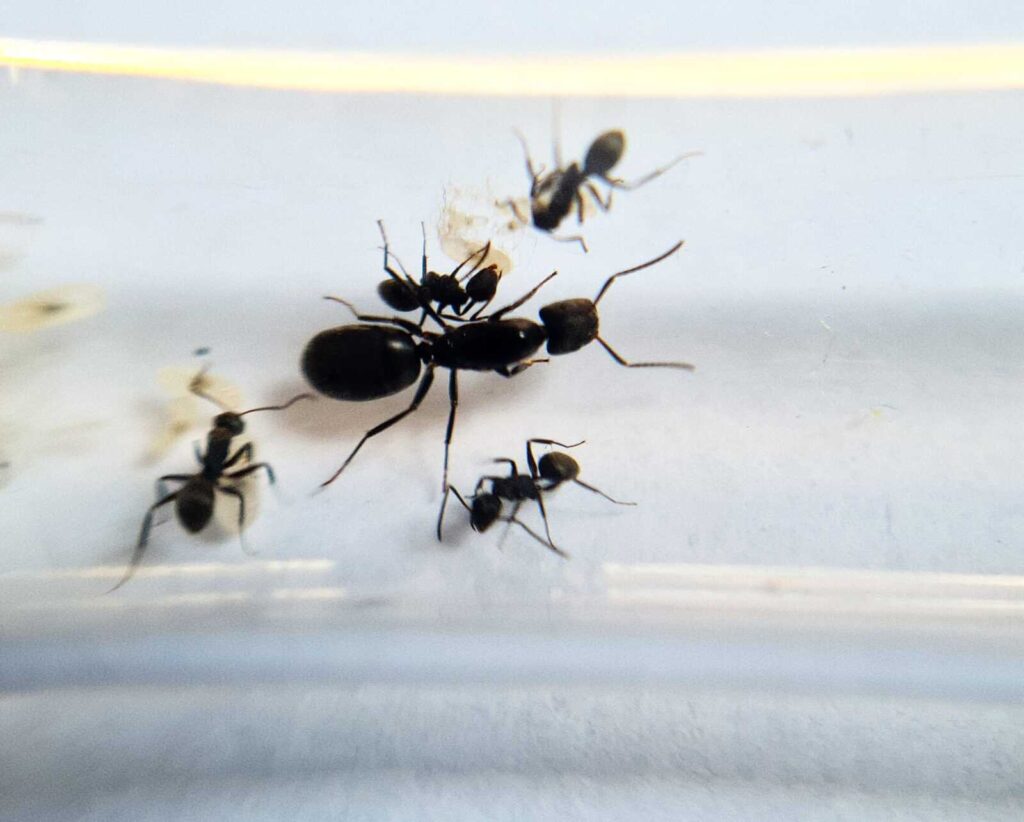
Reviews
Clear filtersThere are no reviews yet.